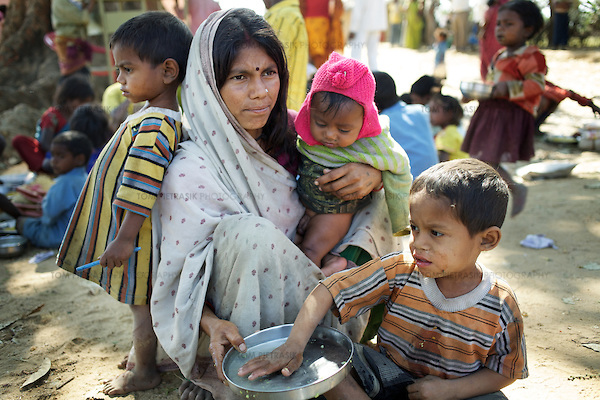The Global Hunger Index (GHI) score for Pakistan has decreased from 38.1 in 2006 to 26.1 in 2022, indicating the severity of the problem afflicting the nation and its citizens.
The information was made available on Tuesday by the Pakistani GHI branch. Out of 121 nations evaluated, Pakistan was ranked 99th by the GHI.
According to a statement from the GHI, up to 828 million people may die hungry due to armed conflicts, climate change, and the recent coronavirus outbreak.
GHI stated “As things stand, 46 countries will not even achieve a low level of hunger by 2030, much less eliminate hunger. In Africa, South of the Sahara and South Asia are once again the regions with the highest rates of hunger. South Asia, the region with the world’s highest hunger level, has the highest child stunting rate and by far the highest child wasting rate of any world region”
The Global Hunger Index (GHI) is a pre-reviewed yearly report that Welthungerhilfe and Concern Worldwide jointly produce to increase public awareness of the fight against hunger.
Aisha Jamshed, country director for Welthungerhilfe, stated that her organization collaborates with the public, government, and business sectors to support communities lacking access to food and foster resilience.
According to Dawn, Shafat Ali, director of the Local Government and Community Development Department (LGCDD), Punjab, stated that he brought attention to the problem to guarantee public involvement, action, and monitoring as well as take into account the local context while transforming food systems.
Stakeholders at all levels of government were asked to harness local voices and capacities. The study also stated that communities, civil society, small producers, farmers, and indigenous groups with their local knowledge and lived experiences should shape how access to nutritious food is governed, the report added.

















